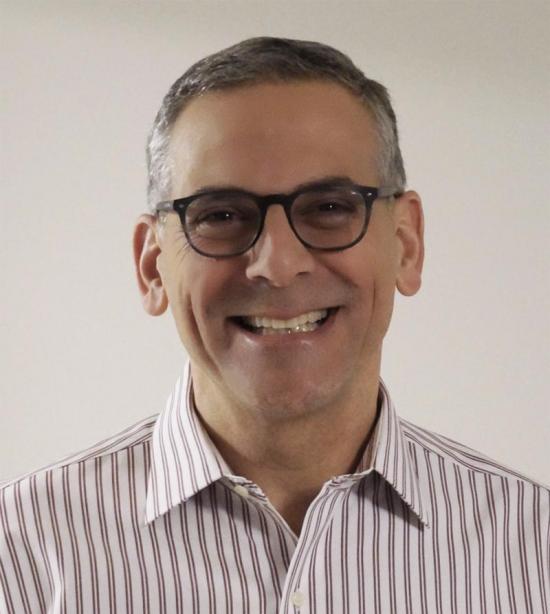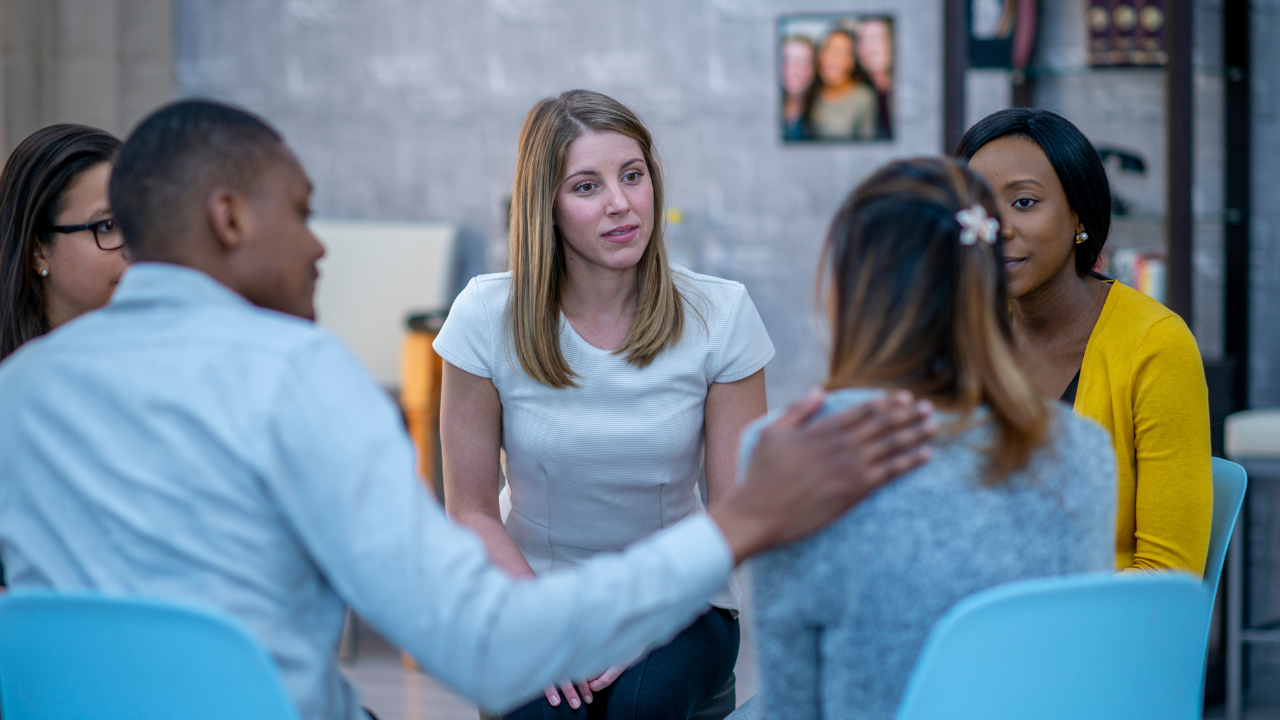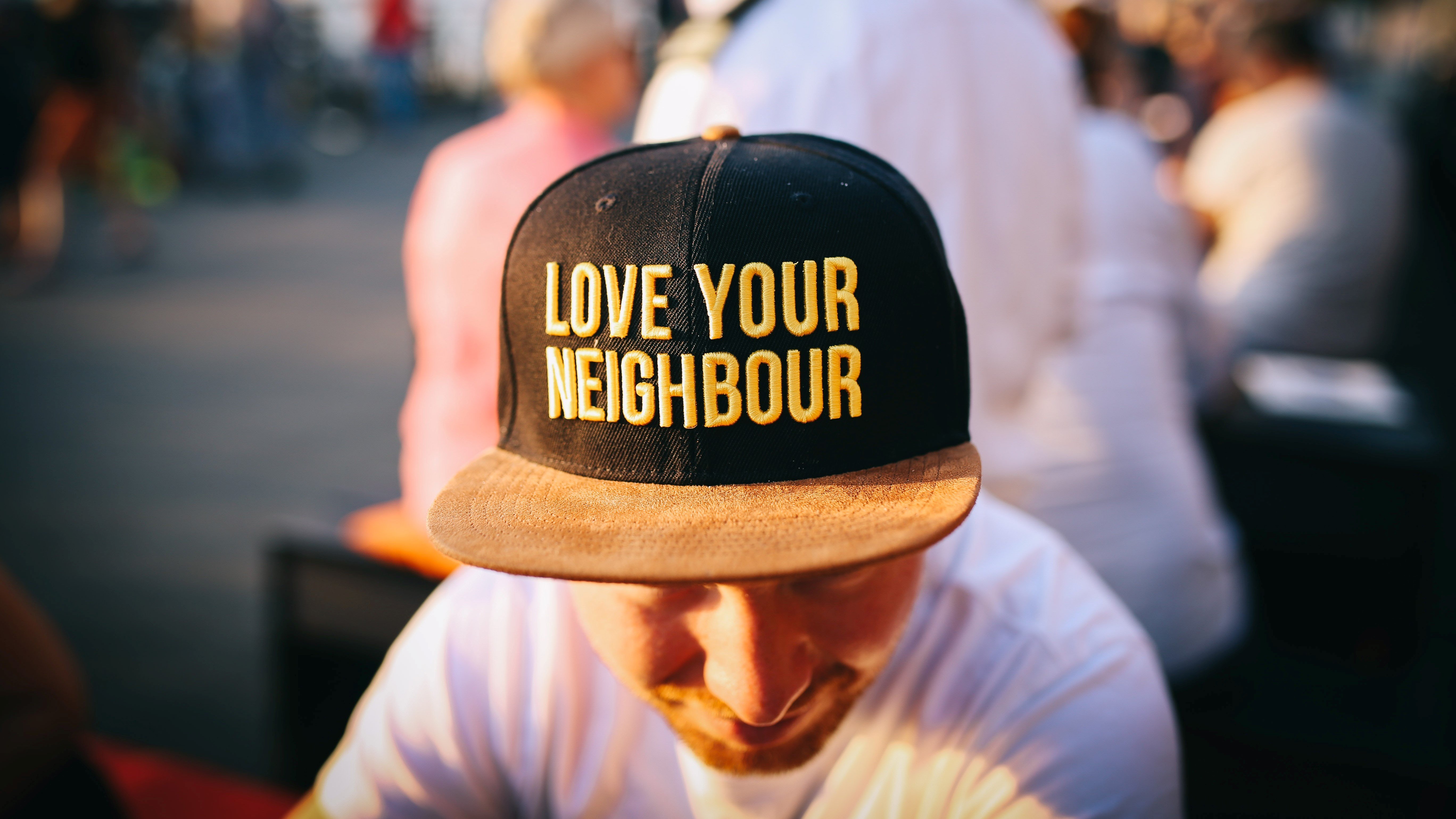"In order to promote meaningful inclusion, we need to build communities that welcome the gifts and contributions of all their members."
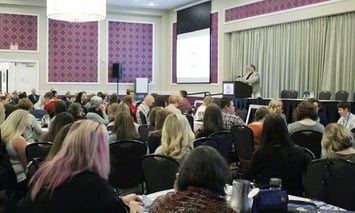 Recently, I took part in the From Presence to Citizenship Learning Exchange in Toronto. To be honest, I didn’t want to go because I often find these “developmental services sector” conferences a bit frustrating – they’re full of big ideas and aspirational language, but does it lead to improvement in the lives of the people we support? However, since L’Arche needs to be part of this dialogue, I needed to be there.
Recently, I took part in the From Presence to Citizenship Learning Exchange in Toronto. To be honest, I didn’t want to go because I often find these “developmental services sector” conferences a bit frustrating – they’re full of big ideas and aspirational language, but does it lead to improvement in the lives of the people we support? However, since L’Arche needs to be part of this dialogue, I needed to be there.
People Driving Change Together
The keynote speaker was Paul Born, a global leader in Collective Impact and Community Innovation, who uses his gifts for storytelling and facilitating conversation to mobilize people to build “vibrant communities.” Midway through the morning, he was joined online by Peter Block, author, consultant, and public speaker in the areas of organizational development, community building, and civic engagement.
From the moment Paul came on stage, you could feel the energy in the room rise. With the passion of a preacher, he shared stories from his days in the early years of the inclusion movement – before policies, services, and standards were entrenched, when you had to be creative, risk-taking, and cooperative in order to make things happen for people with intellectual disabilities, many just coming out of institutions.
Paul called us to see intellectual disabilities in a different light – as assets, gifts to be shared, part of what we need for the world, a source of transformation. He named the visionaries of the day who inspired him: Wolf Wolfensberger (normalization), People First (self-advocates), and Jean Vanier (L’Arche). This vision and lived-experience supporting persons with disabilities have been foundational to Paul’s subsequent work in poverty reduction, a road that led to co-founding the Tamarack Institute.
Paul didn’t focus on solving the complex problems of the developmental services sector. Instead, he called us to explore the power of community, welcoming the gifts and unleashing the collective impact of people working together. He invited us to move out of our silo into a wider community building space, the only way true inclusion is possible. It reminded me of Citizen Network which states, “We are all citizens, we are all equal, and we all have a contribution to make. But this contribution can only be made through community – by working with others.”
The Power of Community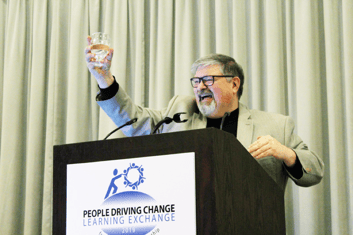
Some of the wisdom that Paul Born has discovered over the years is collected in his book Deepening Community – Finding Joy Together in Chaotic Times. He recounts that he is often asked, “What is the most important thing people can do to make a difference in the world?” He replies, “That’s simple. Bring chicken soup to your neighbor.” While the answer is simple, “the act of bringing chicken soup… well, that takes work.” You must know your neighbor, their likes, their needs, their culture, and whether they want your help. It takes time, energy, and commitment to be a good neighbor.
Community is about working together, mutual support, a sense of place and the common good, and the experience of belonging. “Mutual acts of caring happening often” is how belonging is created. Around the campfire, sharing our stories, eating meals together, we become friends who belong to each other, who help each other not only in mutual support but also in becoming our best selves. For Paul, it’s clear that you can’t separate citizenship from belonging, “because I belong I become a citizen.”
And we know the impact of the breakdown of community – isolation and loneliness, an epidemic of modern times. Studies show that chronic loneliness is bad for our health, worse than obesity and similar in impact to smoking. In an era of
- “Shallow community” built on years of individualism, consumerism, and over-reliance on professionals to meet our needs versus
- “Fear-based community” which binds us together by our opposition to whatever threatens or disturbs us,
the need for “deep community” has never been greater.
Community Conversations
Throughout the morning, Paul had the group come together in triads of people who didn’t know each other to practice listening – it was an extraordinary experience of community building. Paul credited this practice to Peter Block who joined us online from his home in Cleveland. Peter took us further into the importance of conversations – especially with people who differ from us and we may not even like. He gave us a small taste of his work, encouraging us to talk about possibilities rather than problems.
Like Paul, Peter encouraged us to welcome the gifts that come with disability and spoke about the power of community – the data shows that our health and happiness are determined by our social capital, our networks of relationship and belonging. Along with John McKnight, co-founder of Asset-Based Community Development (ABCD), Peter has written Abundant Community exploring ways in which neighbourhoods that welcome the gifts of every member can build a hope-filled life.
A Vision for the Future
The movement for diversity and inclusion begins in belonging. Persons with intellectual disabilities and others who are vulnerable and marginalized cannot be included if there isn’t a community of welcome where they can belong and contribute their unique gifts and abilities. L’Arche and other disabilities organizations need to imagine their central mission as building community rather than providing services if we are to have greater impact.
And people with disabilities need to take their place as co-leaders and co-learners in this process of systems transformation and community building. It’s not enough for them to ‘fit in’ to the norms of society; they need to take an active role in the process of changing these norms. The gifts of disability and of individuals with disabilities are essential for creating vibrant communities and a more human society.
